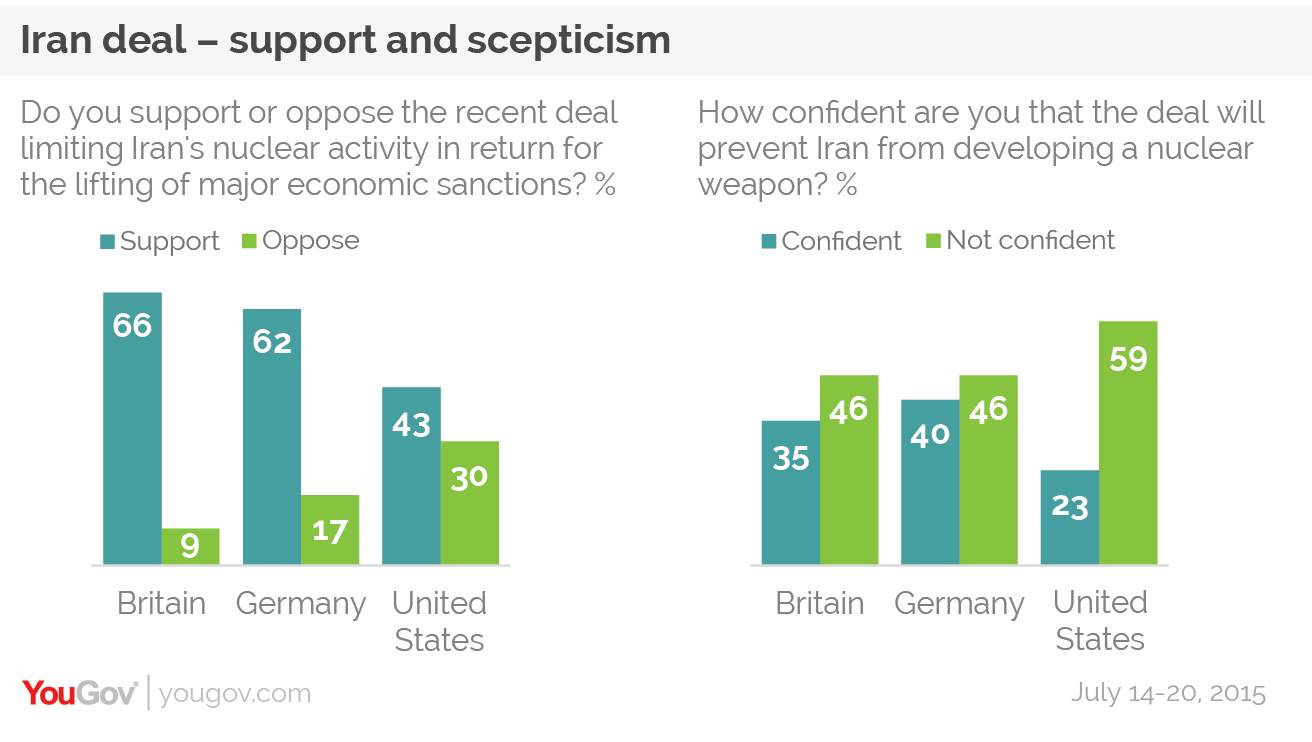The Nuclear Deal and U.S. Allies
Scott McConnell emphasizes the broad international support for the nuclear deal in his recent article on the main page:
On the face of it, the international coalition in favor of the deal should seem overwhelming. That diplomats from France, Germany, and Britain spent last week in Congress warning that all hell would break loose if the deal were scuttled was barely reported in the American press, but it did happen.
One of the more glaring contradictions in the case against the deal is that the Iran hawks that want to reject or rescind the agreement also constantly talk about how poorly Obama has treated America’s allies and how our alliances have been neglected and allowed to deteriorate. Many of the 2016 GOP presidential candidates have pledged to scrap a deal that is fully supported by three of our most important allies, and yet they are rarely forced to justify their desire to renege on the commitments the U.S. made to them in Vienna. Of course, it’s no surprise that the only “alliances” hawks have in mind here are the client relationships with Israel and Saudi Arabia, while genuine treaty allies that have been working alongside the U.S. in negotiating the Joint Comprehensive Plan of Action are ignored entirely. Even so, it still makes a mockery of the hawkish pretense to want to shore up alliances. If Iran hawks got their way by scrapping the deal, three of our most important alliances would be badly strained.
It is notable that there is no political controversy about the nuclear deal in the other allied countries that have taken part in negotiating it. There is broad support for the agreement in Europe. In Britain and Germany, support for the deal is over 60%:

An earlier report on allied lobbying for the deal made a similar point:
“There’s a very interesting contrast between the politics in the other P5+1 capitals” and in Washington, Westmacott said. “In the others this is not a matter of political controversy. This is not a partisan issue.”
In German politics, Knauf added, “only fringe people see this as not a good deal.”
So it is bizarre to think, as many of the 2016 candidates do, that it would be possible to reject or renege on the deal and then compel our allies to follow suit. To expect our European allies to respond favorably to scrapping the deal is to ignore political reality and the economic interests of our allies.
Comments